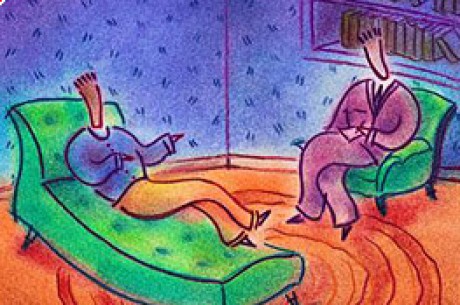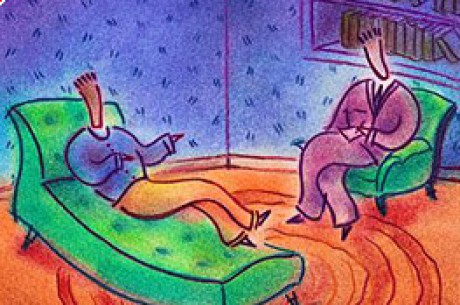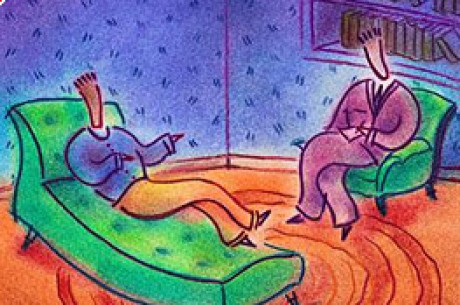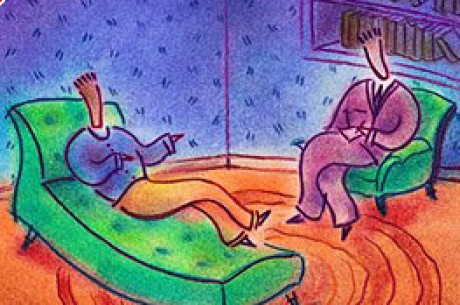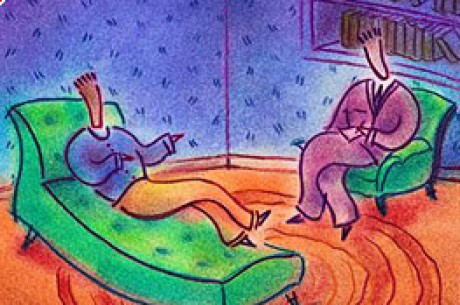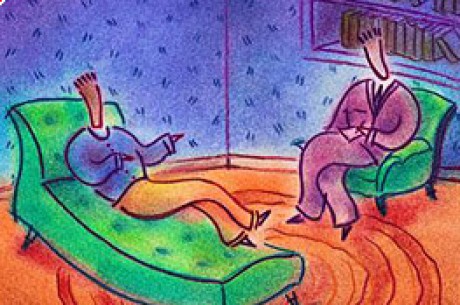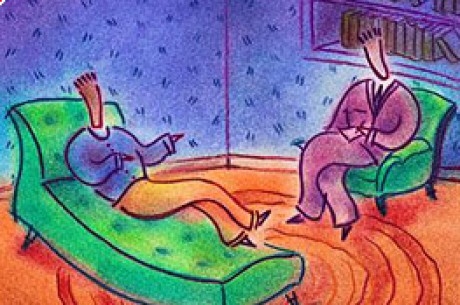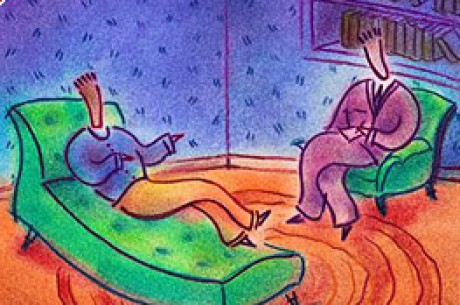The Poker Counselor's Corner (41)
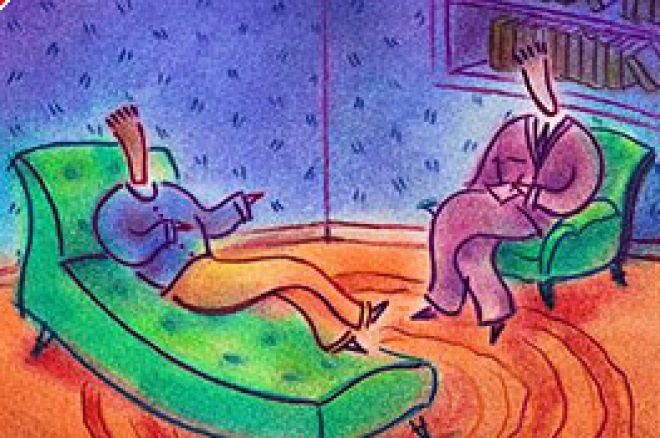
Editor's Note: In addition to being a poker enthusiast, gambling columnist, and lecturer, John is a National Certified Counselor (NCC). He has a Master of Arts degree in Counseling from West Virginia University, and a Bachelor's degree in Psychology with a minor in Sociology from Lock Haven University. You can arrange for interviews, speaking engagements, or ask your question to "the Poker Counselor" at [email protected]
My last trip to the casino was a disaster for poker. I lost hundreds at the poker table when my opponents kept hitting draws against me on the River (and they say that only happens on the internet poker rooms, yeah right). I still left the casinos up $500 for the trip, though, thanks to good bets on the college bowl games and two great runs at Blackjack. I'm now questioning everything about poker. I'm thinking about sports betting and trying to learn to count cards at Blackjack. What do you think I should do? - Emailed by Terry B. from California
This is not a complicated set of circumstances to unravel. You hit a bad run at the poker tables, and thus you experienced the rush of negative emotions that goes along with losing your money and confidence. On the flip side, you won at blackjack and sports wagering. This positive reinforcement will, of course, spark an interest in trying again. Most poker players are also gamblers, as well. Most dealers in Vegas can tell you about the time they paid off $30,000 bets from Doyle Brunson on the craps table or $10,000 from Barry Greenstein on the Jets to cover the spread. There is no need to choose one game over another. Personally, I agree with most of the poker books and articles which instruct you to keep your poker bankroll separate from your money used on casino gaming. Not only is this a key in helping you to track your financial progress in poker, it also helps you to make a definitive line in the emotions surrounding the games. In other words, if your poker money is lumped with the cash you use for sports and blackjack, a loss on a Super Bowl bet will produce a negative emotion that is lumped with all of the aforementioned games. Your loss on football can be mentally merged with poker, making for an even more challenging situation to overcome. There is no need to promote such mixed mental messages. Keep poker separate in your wallet and your mind. Next, it is time to rededicate yourself and your energies on poker. It is fine to continue your quest to improve on blackjack and sports betting, but that does not mean your poker days are done. A sting of bad luck can indeed be a sign to take a break from the game to avoid tilt. I am willing to guess that the allure of poker will soon pull you back, though. When you get back to the game, you MUST go into the game with the confident mindset that you will win. Judging by your email, it seems that you are still in the formative stages of confidence surrounding your play. You're uncertain if you can make it. If you allow that uncertainty to reign unchecked, you are certainly on a path of poker failure. Get back to the game and prove to yourself that you can do it.
I always do better at the table when things are going good in my life. A good day at work and a good date usually means a win online for me. A long, crappy day at work leads me to have a losing night at the tables. I'm thinking it is karma or something at this point, because I just can't get an idea of why it happens this way. -Emailed by Adam D., plays at PokerStars
Phil Gordon's Little Green Book starts out with a rather important key point. He shows us that poker is not primarily about money or luck; it is about making good decisions. Poker is an endless cycle of making decisions. Those who make the best choices most often will come out a long-term winner. As a professional in the mental health realm, I see everyday how our emotional and mental state affects our decision making process. Even when we make a concentrated effort to combat the effects of anger, frustration, and mental fatigue, each still finds a way to alter our perceptions and manipulate the decisions we are forced to make. In other words, most of us are in a continual battle with various levels of tilt in life and in poker. Most poker veterans have acquired enough experience and self-insight to know that they play their best poker when they have their other life stressors under wraps. I see your situation as an exciting opportunity for you to make a personal (and poker playing) step forward. Before taking your first deal, think through your current emotional status. Think about what you day has brought you. Think about how those factors are likely to affect you. Your true challenge is to then overcome these circumstances. You have to find a way to make the rational mind overtake the emotional influences. As with all aspects of poker and poker psychology, improvement does not happen automatically. You must always be focused on identification of weaknesses while figuring out a means of improvement.
KEEP THOSE QUESTIONS COMING!! [email protected]
Ed Note: Be your own Poker Counselor at Pokerroom.com

